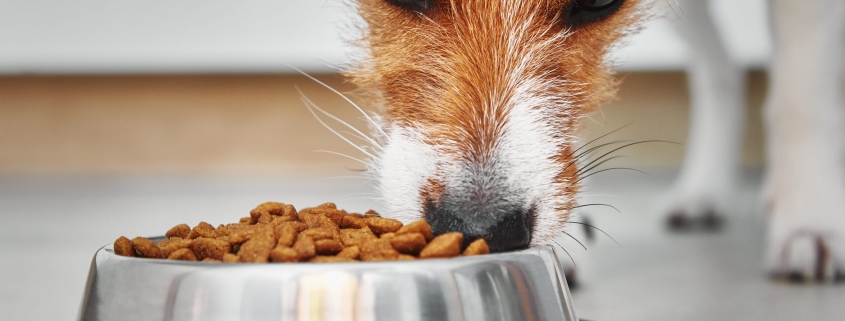My Overseas Trip to International Pet Nutrition Conferences
I’m so grateful to have been able to present at not one, but TWO international veterinary conferences recently in Helsinki, Finland for the University of Helsinki and in Barcelona, Spain for the Raw Feeding Veterinary Society.
The first conference was at the University of Helsinki for the annual DogRisk seminar. There, panelists shared their research related to the conference theme of “How to keep an aging dog healthy.”
My presentation was on “Differently processed dog foods and their research.” In it, I discussed raw and processed pet foods, what the pet food industry is doing right, and what it can improve.
It was truly an honor to have worked with such notable professionals![vc_single_image image=”8715″ img_size=”full” add_caption=”yes” alignment=”center” style=”vc_box_outline” border_color=”black”][vc_single_image image=”8931″ img_size=”full” add_caption=”yes” alignment=”center” style=”vc_box_outline” border_color=”black”]What an unforgettable week of travel, science, and seeing old friends.
On my way back to the University of Georgia, I took time to reflect on the significance of this overseas trip.
Five years ago, I would have never imagined attending an international pet nutrition conference — let alone being invited to serve as a panelist and present my research in front of a global audience.
That journey has been remarkable.
It’s taken a whole lot of hard work…
Not taking no for an answer…
Not being afraid to take risks…
And most important, the never-ending support of the people who believed in me and my mission to revolutionize the pet food industry. About Nicole Cammack
No other pet store owner in CT touts as many certificates and achievements as Nicole Cammack & Team, who travels around the globe to learn from some of the world’s top vets in search of unbiased truth. She’s gained a reputation for fearlessly standing up for what is right for pets; boldly questioning the validity of marketing claims and demanding transparency in regard to food safety & efficacy. In a constant search for answers, Nicci’s background in human nutrition provides insight to break through pet industry marketing gimmicks to get to the truth.
[vc_single_image image=”8725″ img_size=”full” add_caption=”yes” alignment=”center” style=”vc_box_outline” border_color=”black”]Myself (Barcelona, Spain)[vc_single_image image=”8723″ img_size=”full” alignment=”center” style=”vc_box_outline” border_color=”black”]Myself with Dr. Nick Thompson[vc_single_image image=”8726″ img_size=”full” add_caption=”yes” alignment=”center” style=”vc_box_outline” border_color=”black”]












